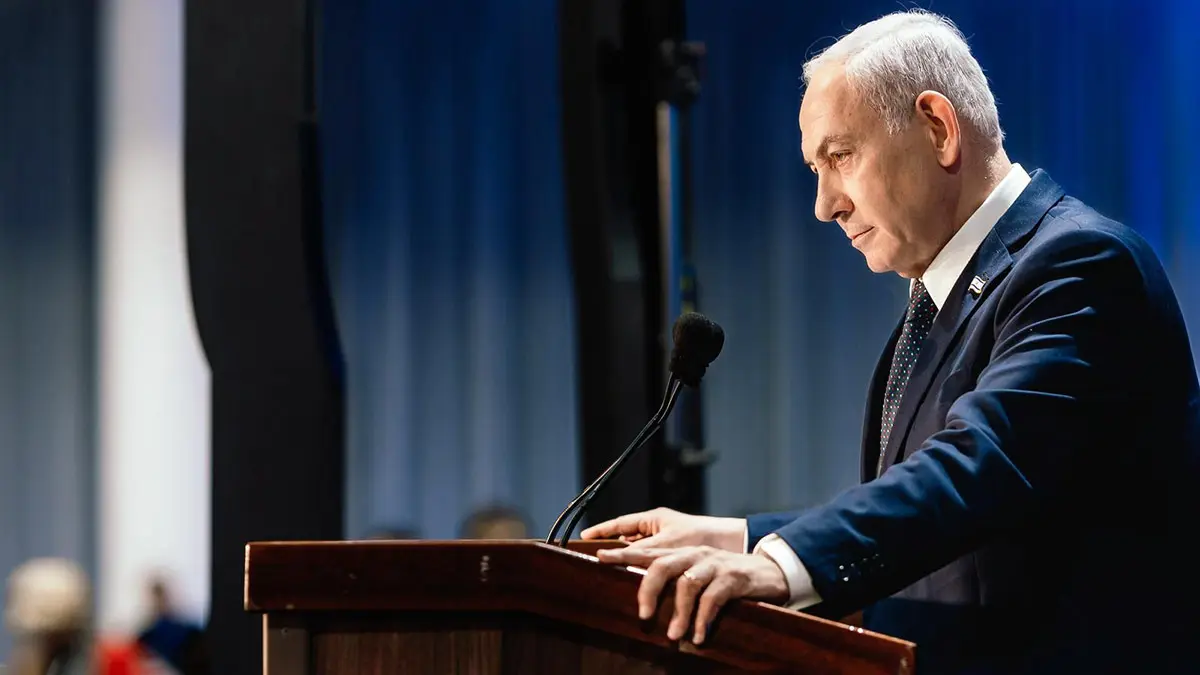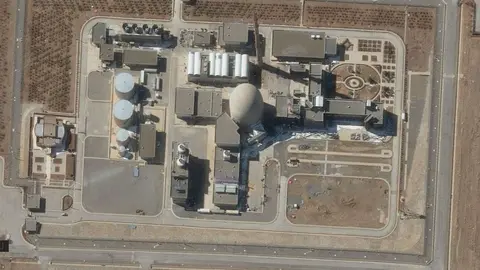Israel and Iran: a war for existence, for the impossibility of coexistence

For the first time, both countries are embroiled in direct and open warfare, following years of indirect confrontation in places such as Gaza, Yemen, Lebanon, Syria and Iraq.
Iran's nuclear programme represents the main existential threat to Israel, which cannot conceive of a secure future with an Iran armed with atomic weapons. The perception is mutual: the Iranian regime also considers its survival incompatible with the existence of a strong and dominant Israel in the region.
The current war is the outcome of a long-standing Israeli strategy aimed at containing and weakening Tehran's regional influence, especially through confrontation with its allies and proxies: Hezbollah, the Houthis and Hamas. In this first phase, Israel has sought to ‘cut off the arms’ of Iran before targeting the heart of the regime. The ultimate goal of the Israeli hard core, led by Netanyahu, is clear: the fall of the Iranian regime. From their perspective, there is no longer room for both states in the same region.
This is the context for Netanyahu's message to the Iranian people, in which he emphasised that Israel's enemy is not the people, but their regime. This is a manoeuvre aimed at dividing the Iranian internal front and encouraging the delegitimisation of power from within.
For Iran, the security of the regime is now more than ever linked to obtaining nuclear weapons. However, it has suffered significant setbacks: it has failed to protect its nuclear scientists and has been unable to prevent Mossad from penetrating its military, political and intelligence structures.
Other players are also playing their cards on this regional and international stage. US President Donald Trump, for example, does not fully share Netanyahu's strategy. His priority is to weaken the Iranian regime and force it to negotiate without conditions, but without pushing the region towards all-out war. This position is shared by Russian President Vladimir Putin, who is more concerned about the conflict in Ukraine and aware that the confrontation between Israel and Iran can be used as leverage in his favour. It should be noted that relations between Moscow and Tehran had already been deteriorating since the war in Syria.
The truth is that neither country will emerge unscathed from this confrontation. Although the wounds will not be symmetrical, both will pay a high price. This is a war without compassion, in which there will be no clear winner.
Nabil Driouch, writer and journalist



